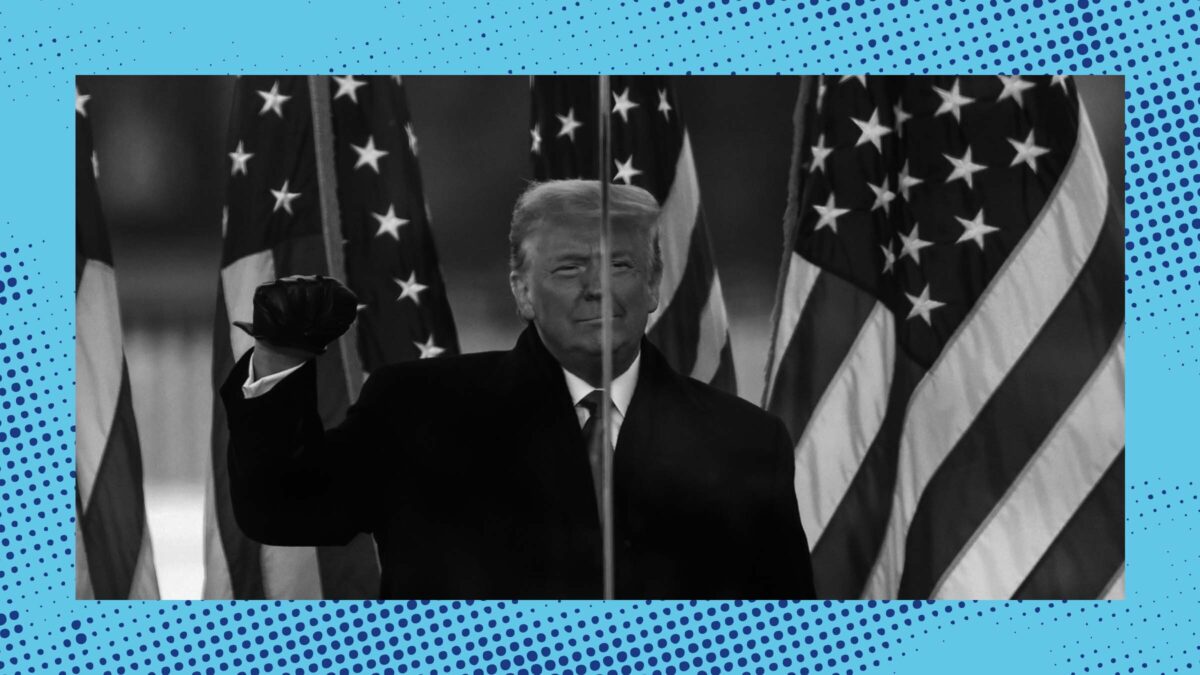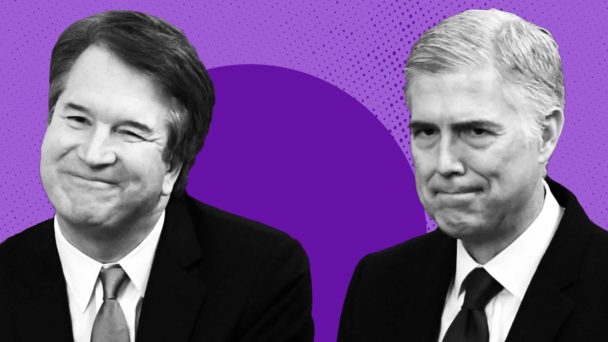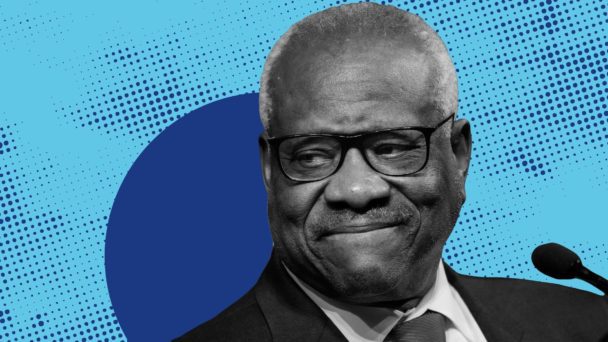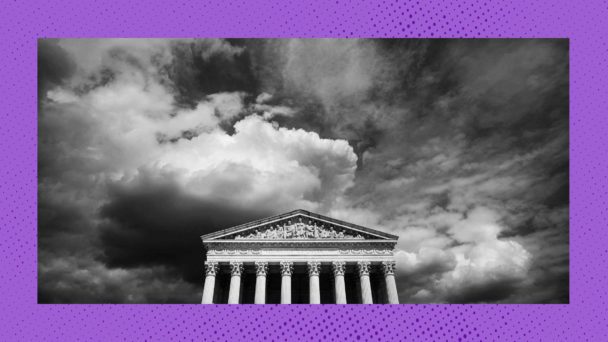On January 6, 2021, Donald Trump supporters dispensed with one of the most foundational tenets of a functioning democracy: the peaceful transition of power. Urged on by Trump, a violent mob descended on the Capitol and attempted to block Congress from certifying the election results—the formal, constitutionally-mandated process for designating the winner.
Fortunately, the insurrection—that insurrection, at least—did not result in the overthrow of the federal government. In the years since, almost 1,500 people have been arrested for offenses in connection with January 6. Around 350 of them have been charged with violating Section 1512(c)(2), a provision of federal law that makes it a crime to “otherwise obstruct, influence, or impede any official proceeding,” or to attempt to do so.
The consequences of that charge are steep—up to 20 years in prison—but luckily for the January 6 defendants who face it, they have a fairy godmother in Chief Justice John Roberts. And Friday, in Fischer v. United States, he waved a magic wand to rewrite the statute’s text in a way that, should Donald Trump lose another presidential election and again attempt to do a coup, will make it much harder to hold future insurrectionists accountable.
Joseph Fischer, a former Pennsylvania police officer, was among the more active participants in January 6. He fought with law enforcement, and bragged on Facebook that he “pushed police back about 25 feet,” which is the sort of thing that only people with white skin and a red hat can do and live to talk about. Afterwards, he was hit with numerous charges, but claimed that one of them—Section 1512(c)(2)—didn’t apply to him. He argued that this provision, which Congress passed in 2002 in response to a series of high-profile accounting scandals, must be read in light of the provision which comes before it, which makes it a crime to alter or destroy a “record” or “document” to prevent it from being used in an “official proceeding.” In effect, his claim is that the entire law has to be understood narrowly, in the context of corporate record-keeping, and the number of cops he may or may not have beat up on January 6 does not implicate it.
The ordinary meaning of those words suggests otherwise. Election certification is an “official proceeding,” and the Constitution spells out in great detail how Congress must go about it. And trying to stop lawmakers from doing that job by breaking into the building and fighting cops sure seems like “obstruction.” Yet in a brave challenge to the English language itself, Fischer’s attorney nonetheless asked the Court for relief during oral argument in April: “Attempting to stop a vote count or something like that is a very different act than actually changing a document or altering a document or creating a fake new document,” he said.
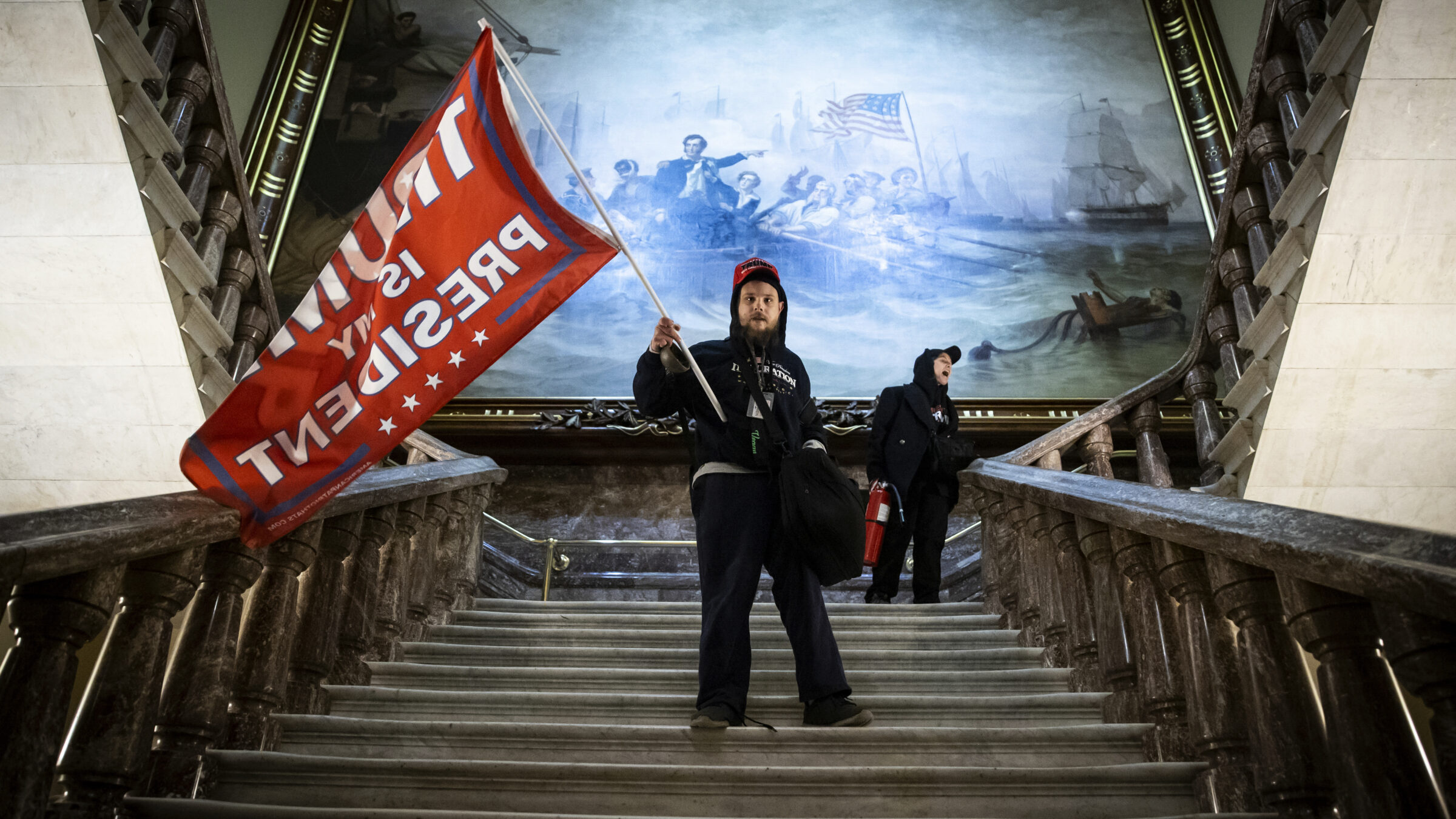
(Photo by Win McNamee/Getty Images)
In Fischer, six justices agreed. Roberts, joined by the four other Republican men and Justice Ketanji Brown Jackson, focused on the law’s prohibition of specific acts—altering, destroying, or concealing a record—before its imposition of catch-all liability for “otherwise obstructing” official proceedings. “A general phrase can be given a more focused meaning by the terms linked to it,” he writes. He concludes that the point of the “otherwise” in Section 1512(c)(2) was not to sweep more broadly, but merely “to ensure the statute would not be read as excluding substantially similar activity not mentioned.” Since Roberts doesn’t think that storming the Capitol is sufficiently similar to shredding documents, Fischer has one less charge to worry about.
Jackson echoed this reasoning in a solo concurrence, while making clear that she has no love for insurrectionists. “Our commitment to equal justice and the rule of law requires the courts to faithfully apply criminal laws as written,” she says, “even when the conduct alleged is indisputably abhorrent.” Jackson places great weight on Congress’s purpose in passing the la, which was about record-keeping, not coup-doing. “The drafters of this rule have included these particular examples for a reason,” she writes.
Determining that reason requires an examination of—the horror!—legislative history. As Roberts recounts, before Congress amended the law in 2002, it was a crime to coerce another person to shred documents, but not to shred documents yourself—a loophole exposed by the Enron accounting scandal. “It would be peculiar to conclude,” Roberts reasons, that Congress’s attempt to fix this loophole hid “a catchall provision that reaches far beyond the document shredding and similar scenarios that prompted the legislation in the first place.”
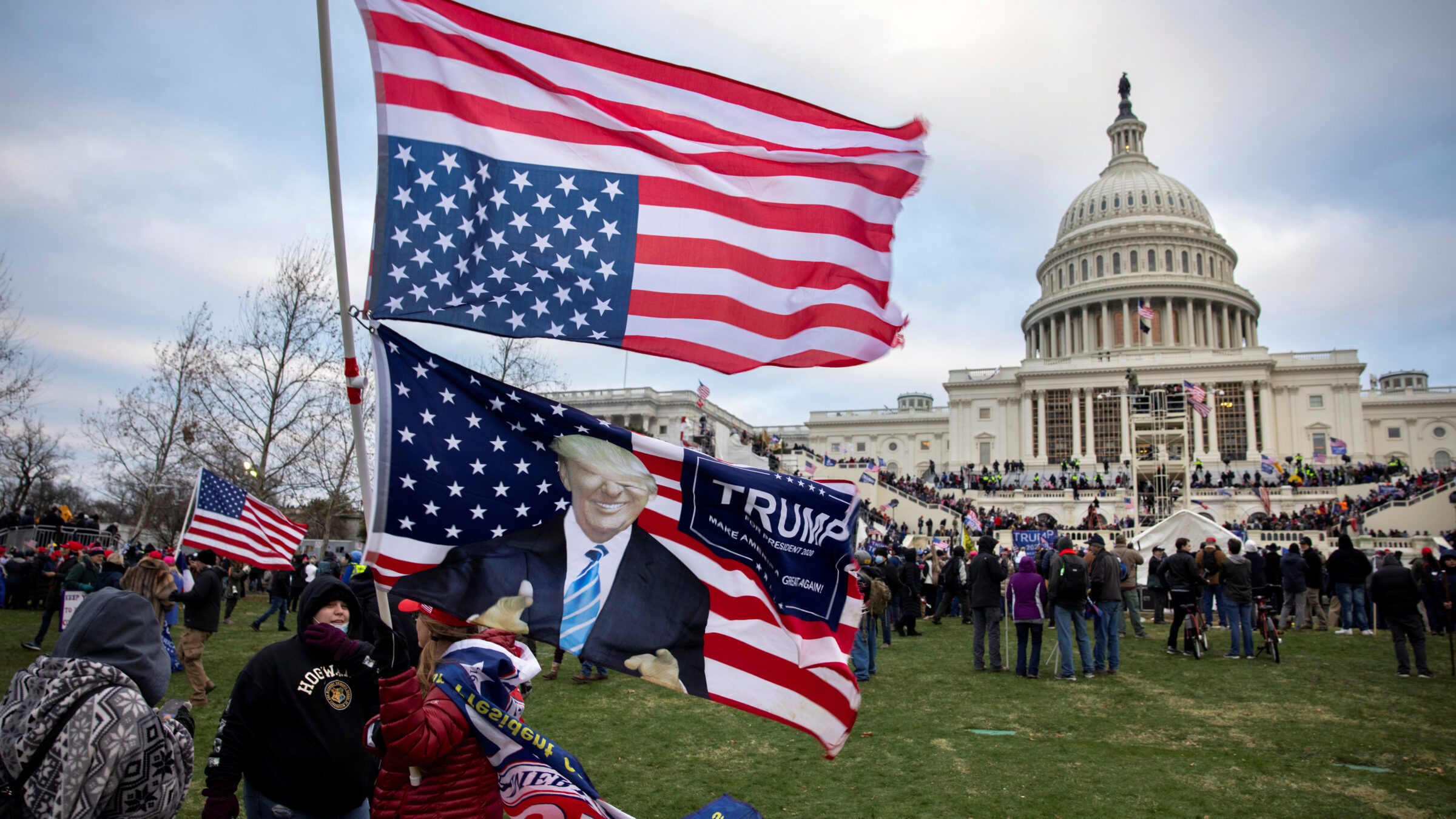
January 6 protesters fly a Martha-Ann Alito Special (Photo by Brent Stirton/Getty Images)
For the majority, Congress reacting to Enron was proof that the obstruction provision must only be connected to document destruction related to accounting fraud. But by reading the statute to exclude other very bad types of obstruction—like, say, January 6—from its scope, the Supreme Court recreated the problem that Congress was trying to solve. Rather than accept that Congress created a catch-all to close a loophole, the Court decided that Congress merely created another loophole.
Justice Amy Coney Barrett was puzzled by this in her dissent, which was joined by Justices Elena Kagan and Sonia Sotomayor. Part of the challenge with prosecuting the January 6 insurrectionists is that insurrections have been, historically speaking, rare; it’s not as if there are a series of tried-and-true charges that prosecutors immediately knew to file. (“Who could blame Congress for that failure of imagination?” she asks.) But as Barrett points out, “statutes often reach beyond the principal evil that animated them.” Part of what Congress wanted to do when it amended Section 1512 was to close future statutory gaps, too. This does not mean that the statues don’t apply in these other, perhaps unforeseen situations; it is simply how laws work!
Under Fischer, if Congress really wanted to criminalize non-document-related obstruction, it should have looked into the future to January 6, 2021, watched in horror as rioters marched through the Capitol building, and crafted the statutory language accordingly. This is becoming one of the Roberts Court’s favorite ploys: When they don’t like how the executive branch is enforcing a law passed by Congress, they fault Congress for passing a law that was, in the Court’s view, insufficiently specific. Reserving this power to itself puts the Court in the enviable position of being able to throw their ideological allies a bone whenever they feel like it.
Today, that means a few insurrectionists may have their sentences reduced or their convictions overturned. Tomorrow it’ll mean, well, whatever the Supreme Court wants.
